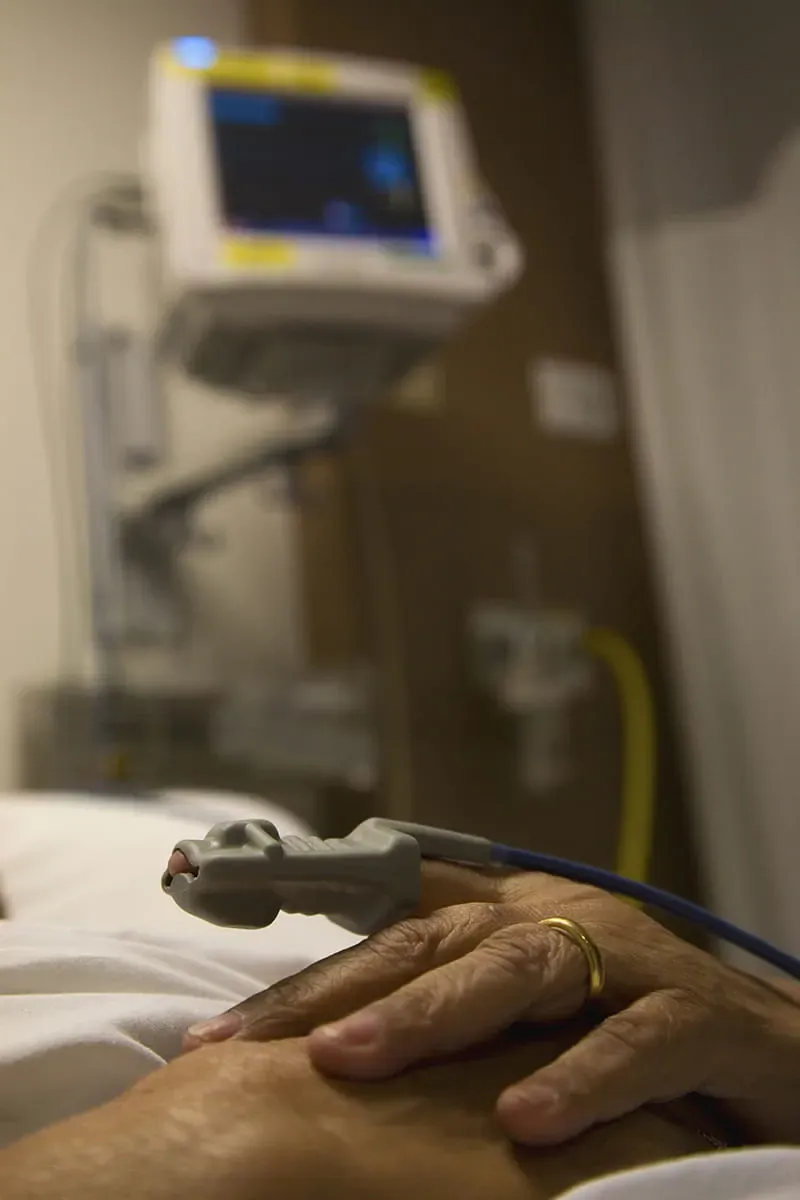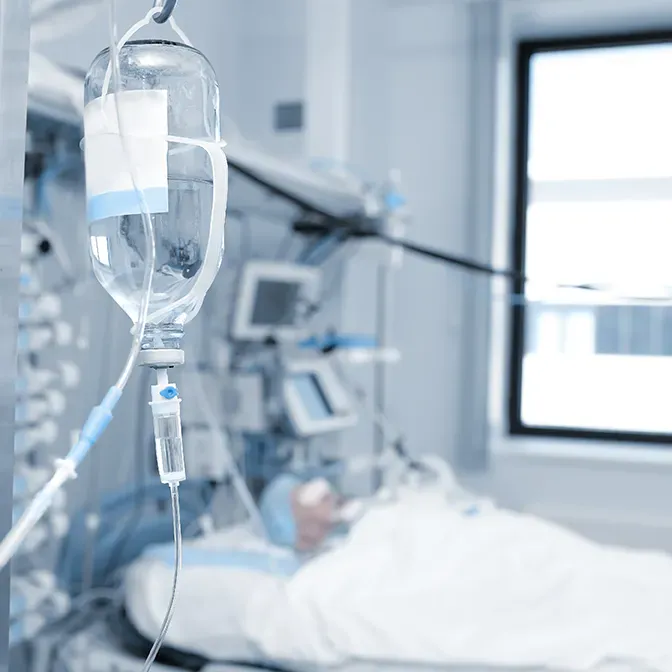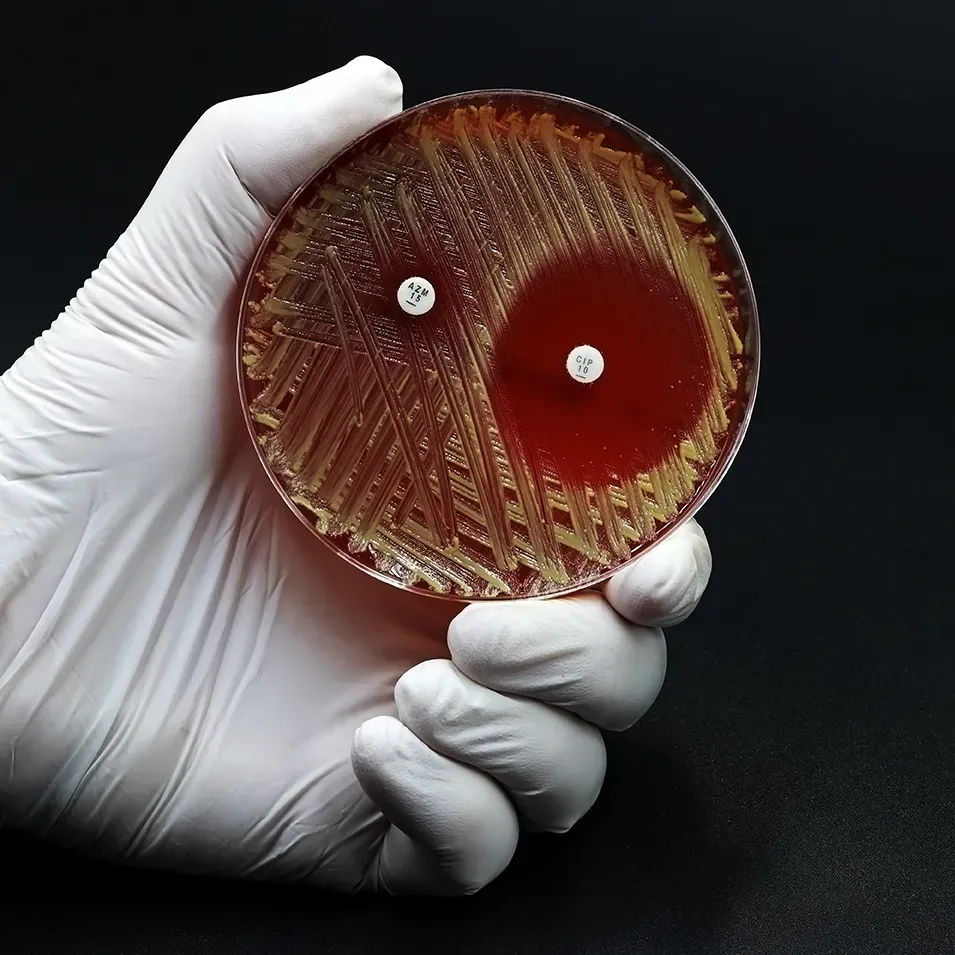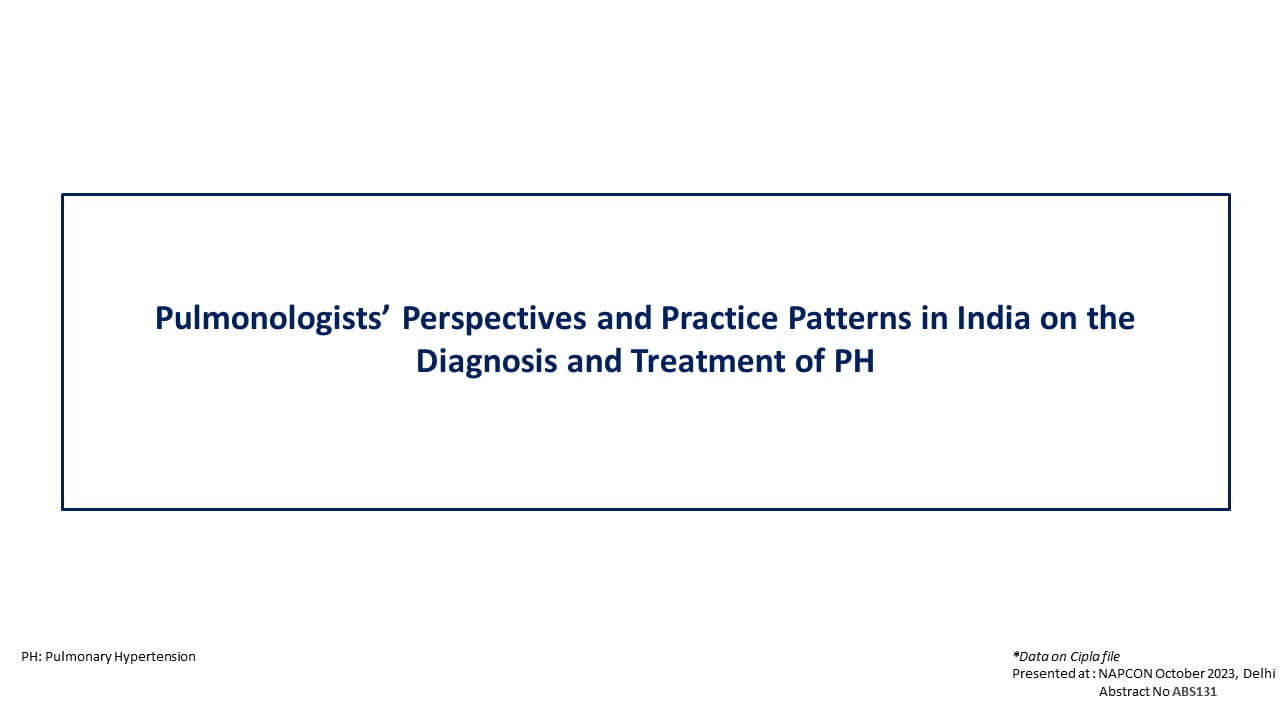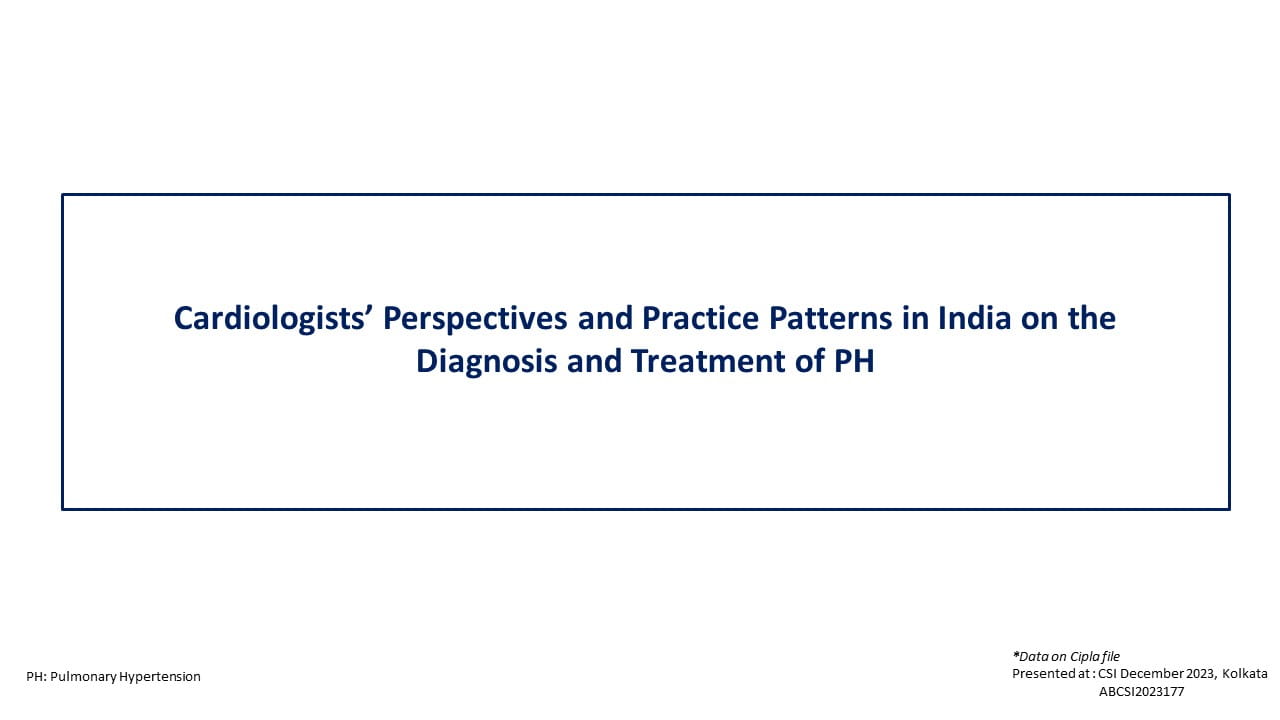What is Cancer?
The body is made up of cells, which grow and die in a controlled way. Sometimes, cells keep on growing without control, causing an abnormal growth called a tumour. A tumour can be benign (harmless), premalignant (if left untreated, may lead to cancer) or malignant (progressively worsens and can result in death).
Cancer is a malignant tumour.
What is Pancreatic Cancer?
Pancreatic cancer occurs when uncontrolled cell growth begins in the pancreas. The pancreas has two working parts: endocrine (to produce insulin and other hormones), and exocrine (to produce enzymes that help in digestion). Pancreatic cancer can start in either part of the pancreas.
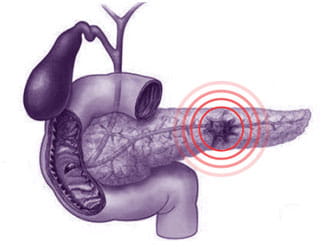
The incidence of pancreatic cancer is rising in India and is higher in the urban male population in the western and northern parts of India.
What are the Causes or Risk Factors for Pancreatic Cancer?
A risk factor is anything that affects the chance of getting a disease. The causes or risk factors for pancreatic cancer are as follows:
- Age: The risk increases with age.
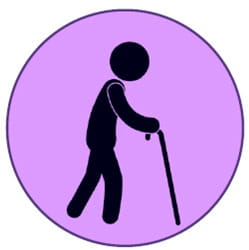
- Gender: Men are more likely to develop pancreatic cancer than women.
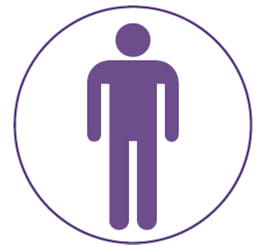
- Tobacco: The risk of getting pancreatic cancer is two to three times higher among smokers. Chewing tobacco increases the risk of exocrine pancreatic cancer.
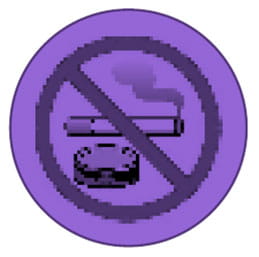
- Obesity and physical inactivity: Very overweight (obese) people and those who don't get much physical activity are more likely to develop exocrine pancreatic cancer.

- Diabetes: Exocrine pancreatic cancer is more common in people with diabetes.
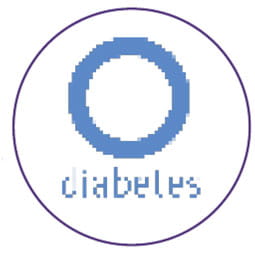
- Chronic pancreatitis (long-term inflammation of the pancreas): It is linked with an increased risk of pancreatic cancer, especially in smokers.

- Cirrhosis (scarring) of the liver: This increases the risk of pancreatic cancer.
- Alcohol: Heavy alcohol use can raise the risk of diabetes, liver cirrhosis and chronic pancreatitis, which are risk factors for pancreatic cancer.

- Occupational exposure: Heavy exposure at work to pesticides, dyes, and chemicals used in metal refining may increase the risk of developing pancreatic cancer, e.g., farmers, people working in the mining industry, etc.

- Family history: Pancreatic cancer may run in some families.
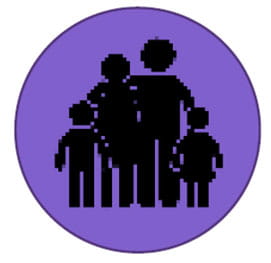
- Genetic syndromes: Cells contain genes in the form of DNA. Any permanent change in the DNA is called mutation. Some mutations can be passed from parent to child. These abnormal genes may cause as many as 10% of pancreatic cancers, e.g., p16, PRSS1, BRCA2.
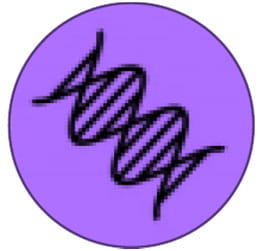
- Stomach problems: Infection of the stomach due to ulcer-causing bacteria or excess stomach acid may increase the risk.

- Diet: There is a link between pancreatic cancer and diets high in fat, or those that include a lot of red meat, pork and processed meat.
What are the Signs and Symptoms of Pancreatic Cancer?
Pancreatic cancer may not cause symptoms for a long time, and they may be unclear at the start. Some common symptoms include the following:
- Nausea and vomiting
- Feeling bloated after meals
- Loss of appetite
- Feeling extremely tired
- Diarrhoea or a change in bowel habits
- Depression
- Indigestion
- Weight loss that is unintentional
- Pain: This often begins in the upper tummy (abdomen) and sometimes spreads to the back.
- Jaundice: A tumour in the pancreas sometimes blocks the normal flow of bile (a substance produced in the liver) into the small intestine. This may cause jaundice. Symptoms include yellowing of the skin and the whites of the eyes, itchy skin, dark yellow urine and pale stools.
How is Pancreatic Cancer Diagnosed?
There are some general and some specific tests that need to be done to diagnose and confirm pancreatic cancer such as medical history, physical examination, blood tests, X-ray, computed tomography (CT) scan, MRI, PET, ultrasound, laparoscopy, endoscopic retrograde cholangiopancreatography (ERCP), percutaneous transhepatic cholangiography (PTC), biopsy (viewing under a microscope), etc.
The doctor will decide on the tests that are necessary; all of them may not be done.
How Can Pancreatic Cancer be Treated?
Various therapies are used for the treatment of cancer, e.g., removal of the tumour (surgery), killing cancer cells with drugs (chemotherapy), or radiation (radiotherapy). The doctor will decide on the treatment, depending on the type and severity of the disease and the condition of the patient.
How Can Pancreatic Cancer be Prevented?
Some lifestyle changes help to decrease the risk of pancreatic cancer, especially in those at high risk.
- Following a healthy diet that includes a variety of foods, especially lots of fruits and vegetables; choosing whole-grain foods; and reducing intake of meats that are high in fat.
- Achieving or maintaining a desirable weight.
- Exercise can improve physical and emotional health and plays a role in preventing pancreatic cancer.
- Quitting tobacco in any form such as smoking (cigarettes, cigars, etc.) and chewing (gutka).
- Limiting alcohol consumption may help lower the risk of pancreatic cancer.
- Reducing or avoiding exposure to occupational carcinogens (cancer-causing agents).
|
DO's |
DON’Ts |
|
Healthy diet with lots of fruits and vegetables |
Tobacco in any form like gutka, cigarettes, cigars, etc. |
|
Regular exercise |
Diet high in fat content, e.g., red meat |
|
Achieving and maintaining a desirable weight |
Alcohol intake |
FOR MORE INFORMATION, PLEASE CONSULT THE DOCTOR.



